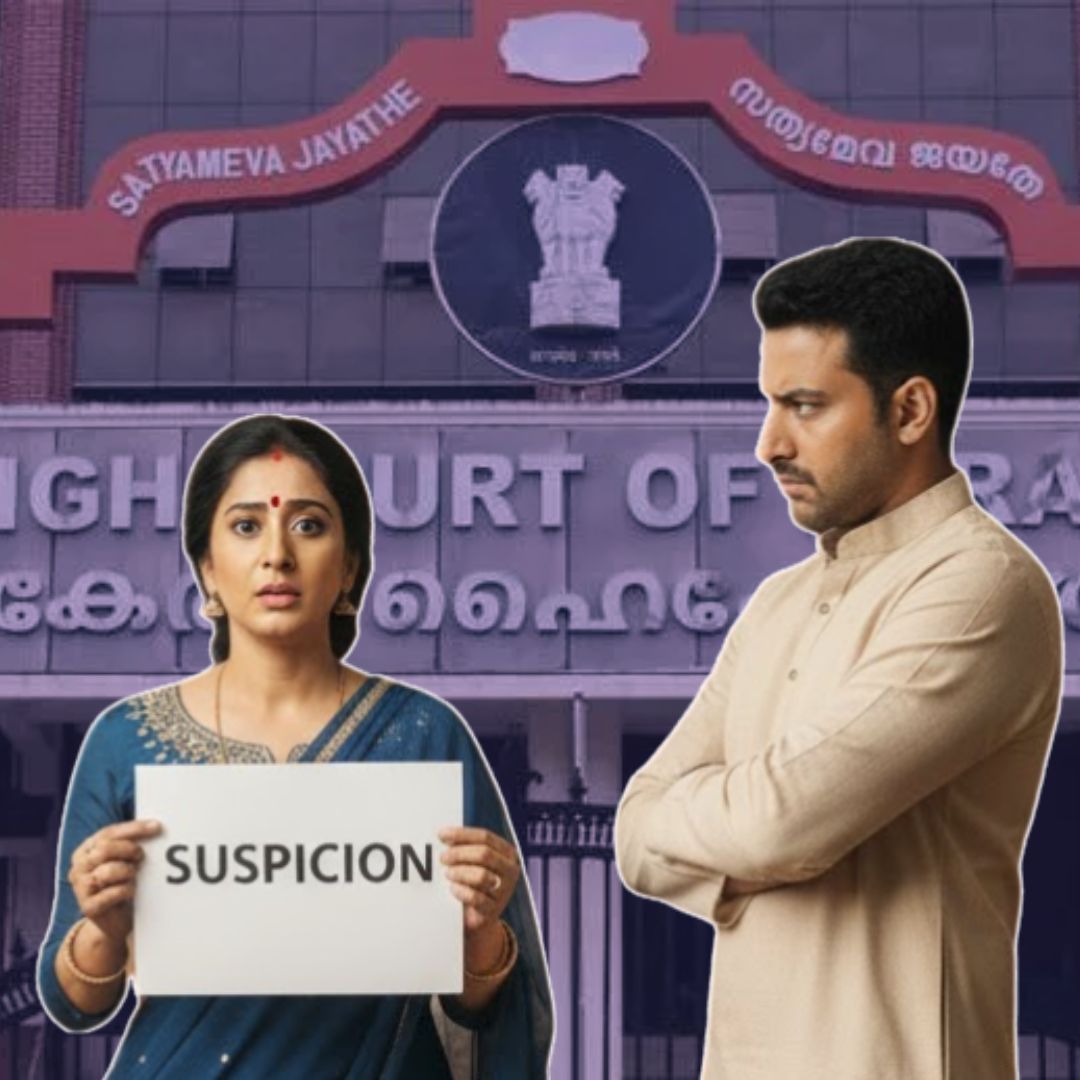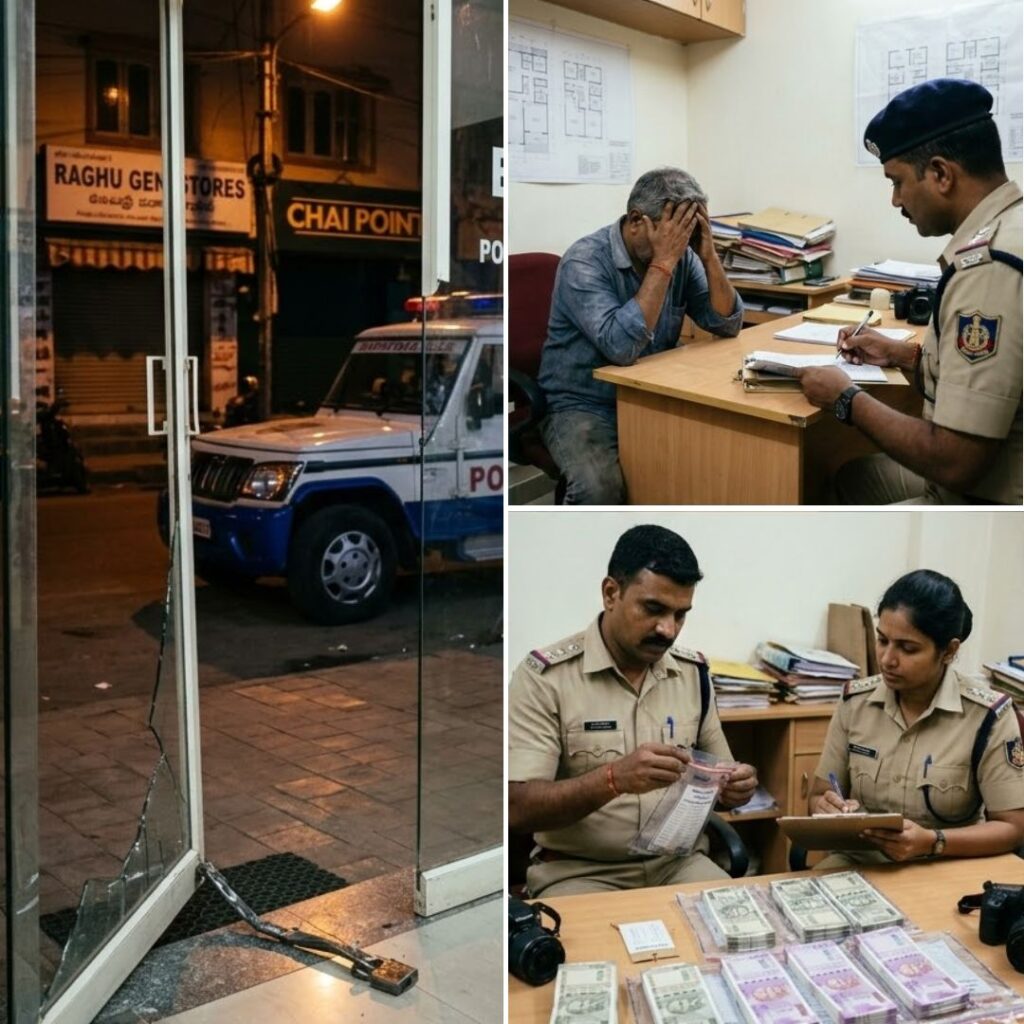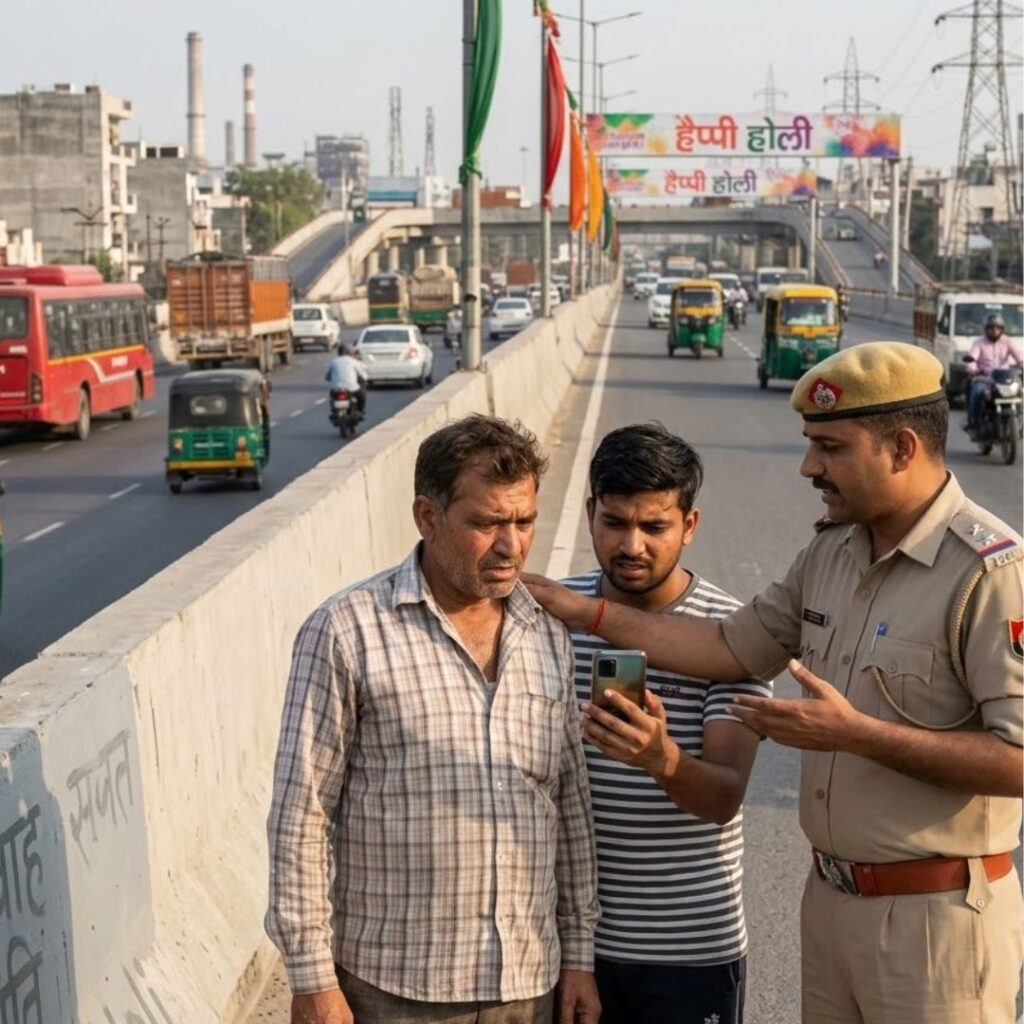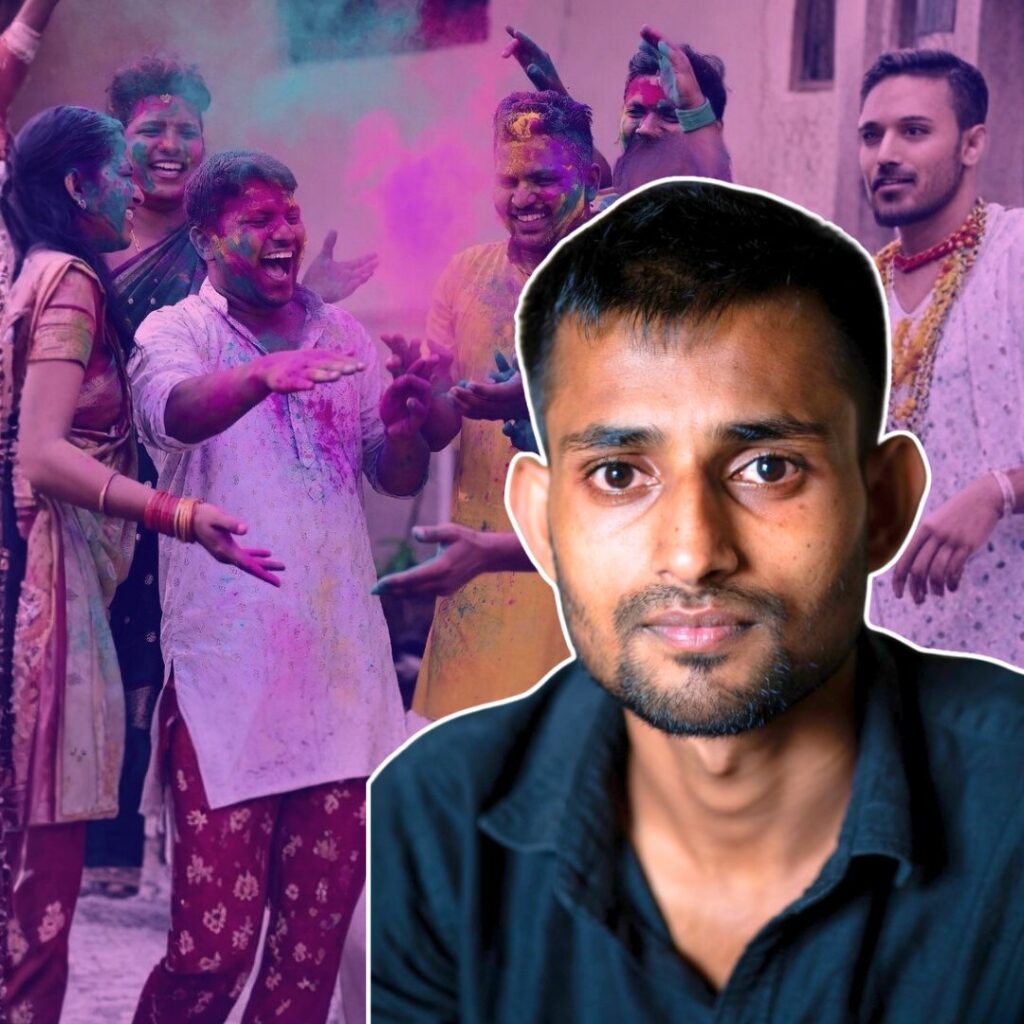The Kerala High Court recently granted divorce to a woman whose husband persistently doubted her fidelity, strictly monitored her movements, and forced her to resign from her job as a nurse. The division bench, comprising Justices Devan Ramachandran and MB Snehalatha, found the husband’s conduct to be severe mental cruelty under Section 10(1)(x) of the Divorce Act, 1869.
The court set aside a lower court’s dismissal of the woman’s plea, making clear that mutual trust, dignity, and emotional security are essential to marriage and must not be compromised.
‘Living Hell’: Court Condemns Suspicious Control
In its strongly-worded ruling, the High Court stated that a suspicious spouse can turn matrimonial life into a “living hell”. Persistent doubt and mistrust, the bench noted, poison the very foundation of marriage, which is built upon love, faith, and understanding. “A suspicious husband who habitually doubts his wife’s loyalty destroys her self-respect and mental peace.
Mutual trust is the soul of marriage; when replaced by suspicion, the relationship loses all meaning,” the judgment declared. The woman’s ordeal extended beyond emotional agony, she was compelled to quit her profession and faced constant scrutiny and humiliation.
The bench observed that interference in a spouse’s personal liberty, such as controlling movements and forced resignation, causes lasting psychological harm and is unequivocally cruelty in the eyes of the law.
Upholding Constitutional Rights and Human Dignity
The Kerala High Court’s decision further affirmed that the right to live free from matrimonial cruelty is guaranteed by Article 21 of the Constitution and must apply equally across all faiths. The case began after the woman’s divorce plea was dismissed for insufficient evidence by a family court. On appeal, her testimony and evidence of mental anguish were accepted by the High Court, which overturned the prior verdict and dissolved the marriage.
“Suspicion and constant monitoring destroy the soul of marriage, built on trust and emotional security,” the Court observed. During proceedings, advocates stressed the broader implications of failing to protect individual dignity within marriage. The bench also reiterated the role of trust, respect, and partnership in sustaining healthy relationships.
The Kerala High Court’s approach draws heavily from Supreme Court precedents, reinforcing that mental cruelty is understood both broadly and liberally under Indian matrimonial law. Justice Snehalatha emphasised that courts cannot insist on documentary proof for emotional abuse; credible, consistent testimony is sufficient.
The ruling noted that surveillance, humiliation, and deprivation of liberty are contemporary markers of cruelty, as recognised in modern case law such as Raj Talreja v. Kavita Talreja. This landmark judgment also referenced Roopa Soni v. Kamalnarayan Soni, asserting the need to safeguard the individual dignity and mental health of spouses, which is increasingly upheld across faiths and personal laws.
The Logical Indian’s Perspective
The Kerala High Court’s ruling represents a crucial step towards recognising and combating non-physical forms of marital abuse. It reaffirms that emotional well-being, respect, and equality must be cornerstones of every marriage, not just legal structures.
The Logical Indian stands unwaveringly with those who seek dignity, peace, and justice within their partnerships.












